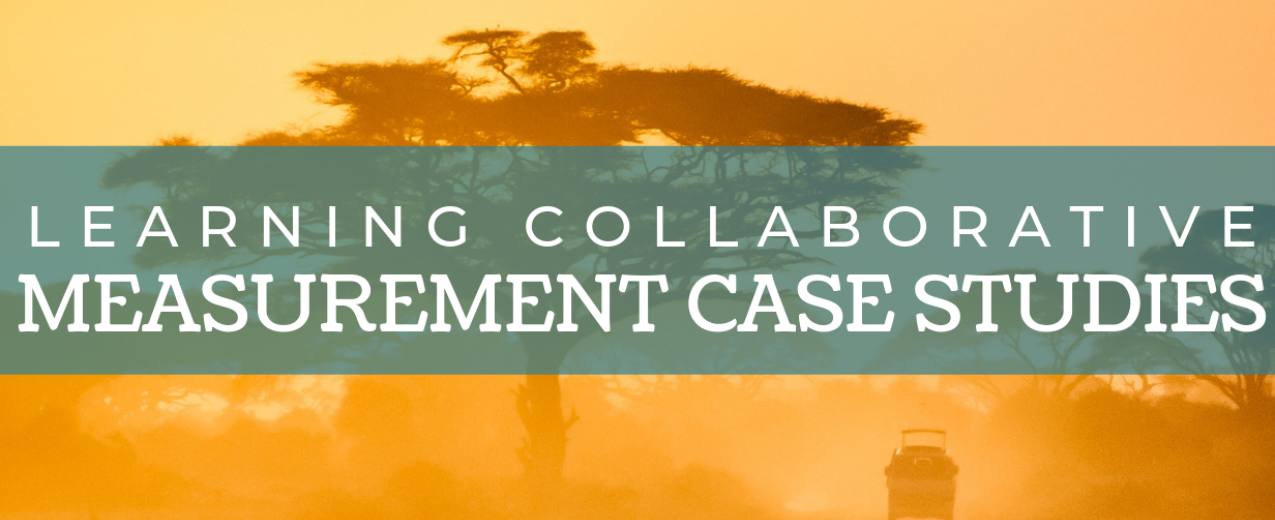
- Project summary
- 21 January 2021
Aide rapide aux victimes des catastrophes (ARVC)
- Author: Rebecca Justus
- Published by: Social Norms Learning Collaborative
Organizations involved
Aide Rapide aux Victimes des Catastrophes (ARVC); DisabCouncil Democratic Republic of Congo; Mama's for Africa; PAFEBU
Summary
Armed conflict is a common occurrence in the province of South Kivu, including in Fizi, Uvira, and Walungu, in the DRC. These conflicts are the basis of displacement of the population, and more than 251 cases of sexual and gender-based violence, child, early and forced marriage (CEFM), child abduction, looting, death, targeted kidnapping of humanitarian personnel, extortion, violence against persons living with a disability have been reported. As a violation of human rights, CEFM and domestic violence against persons living with a disability require a holistic and complementary response through multisectoral interventions aimed at countering this practice and which must include the cooperation of all.
Social norms of interest
Very low consideration of women and girls in the communities; customs that weigh on women
Behaviors of interest
De-consideration of women, people living with disabilities, and girls in communities; Discrimination; Child, early and forced marriage; Limited access of women and girls to education; Household chores for women and girls
Project components
This project aimed to train 200 people for prevention and behavior change in the fight against early and forced marriages, including 125 teachers (whom we estimate 60 women and 65 men) and 75 members of parents' committees of target schools (estimate 35 women and 40 men). It was anticipated that 20 schools and 15,000 children studying in community schools would benefit from the project in the Karongo and Walungu territories.
Social norms measurement
Despite some of the highest prevalence rates in the world, this region has rarely been the subject of solid qualitative and quantitative research on the practice. The project explored the contextual meanings of concepts such as "childhood", "adulthood" and "marriage" from the perspective of girls, boys, their parents and other members of the communities where research took place. In addition, the activities explored the role and processes of marriage, the reasons that push parents to marry girls early; as well as the disadvantages and risks associated with this practice.
Key findings to date
The results of our activity contribute to bringing a new perspective on the factors and the processes of child marriage in this part of the DRC, nuancing certain preconceived ideas which until now have dominated the discourse held on this subject.
The effectiveness of prevention and the promotion of rights in the context of the fight against child, early and forced marriage is an area of work in which an increasing number of multilateral and bilateral organizations are involved. To achieve broader and more sustainable results, it is useful to tap into the creative energy of future leaders and creators of solutions. It also requires documenting our successes and failures in order to continue advancing this field by investing the resources necessary for the most effective strategies. There is a need for:
- increased availability of awareness-raising materials for facilitators so that they can better carry out their work in the field
- involvement at all levels: governments, donors, people of good will, civil society, international and national organizations support in actions to fight against child, early and forced marriage and domestic violence against persons living with a disability
- capacity building, including training on monitoring, reporting, management and project development, advocacy techniques, physical and digital security
In addition, it is important to reinforce the capacities of victims and to support the actions carried out by local organizations, with an emphasis on investing in the communities themselves in the context of prevention and the struggle.

Back to the "Map of social norms-focused interventions and research"
- Countries / Regions:
- DR Congo
- Data collection methods:
- Interview, Participatory techniques, Survey